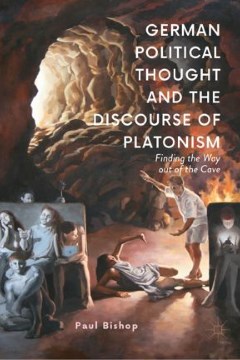Book | Chapter
Habermas and communicative action
pp. 315-327
Abstract
Habermas stands as a symbol of continuity with the Platonic tradition, which operates through dialogue, such as the ones conducted by Socrates and reconstructed by Plato. For Habermas, central to any philosophical activity is a setting he calls the "ideal speech situation," and this Habermasian notion brings us back to the discourse of Platonism and to the allegory of the cave. First, it returns us to the importance of speech, dialogue, and discourse; second, it is ideal and yet, without it, we cannot be truly rational; third, it highlights the ethical dimension of political theory; and fourth, it reveals a religious dimension to politics. In the famous debate in 2004 between Habermas and Cardinal Ratzinger (later Pope Benedict XVI), the question of religion moves to the fore.
Publication details
Published in:
Bishop Paul (2019) German political thought and the discourse of Platonism: finding the way out of the cave. Basingstoke, Palgrave Macmillan.
Pages: 315-327
DOI: 10.1007/978-3-030-04510-4_10
Full citation:
Bishop Paul (2019) Habermas and communicative action, In: German political thought and the discourse of Platonism, Basingstoke, Palgrave Macmillan, 315–327.


